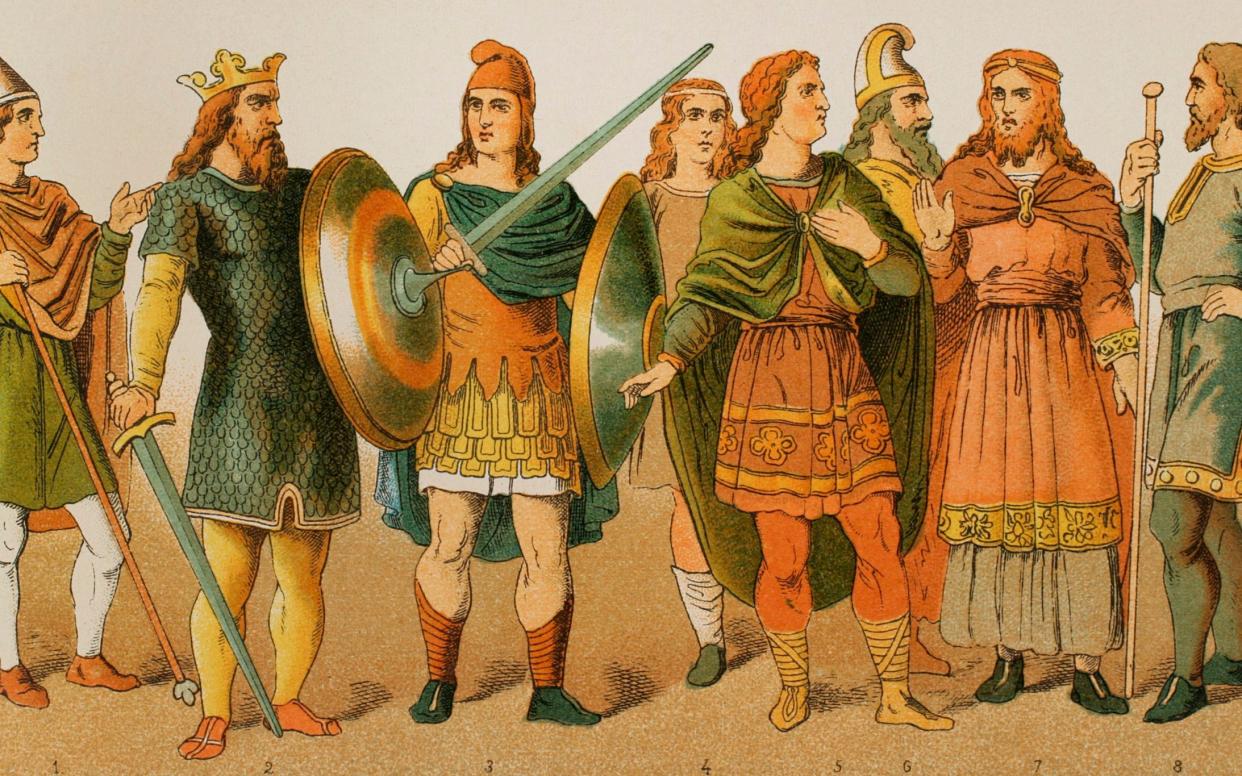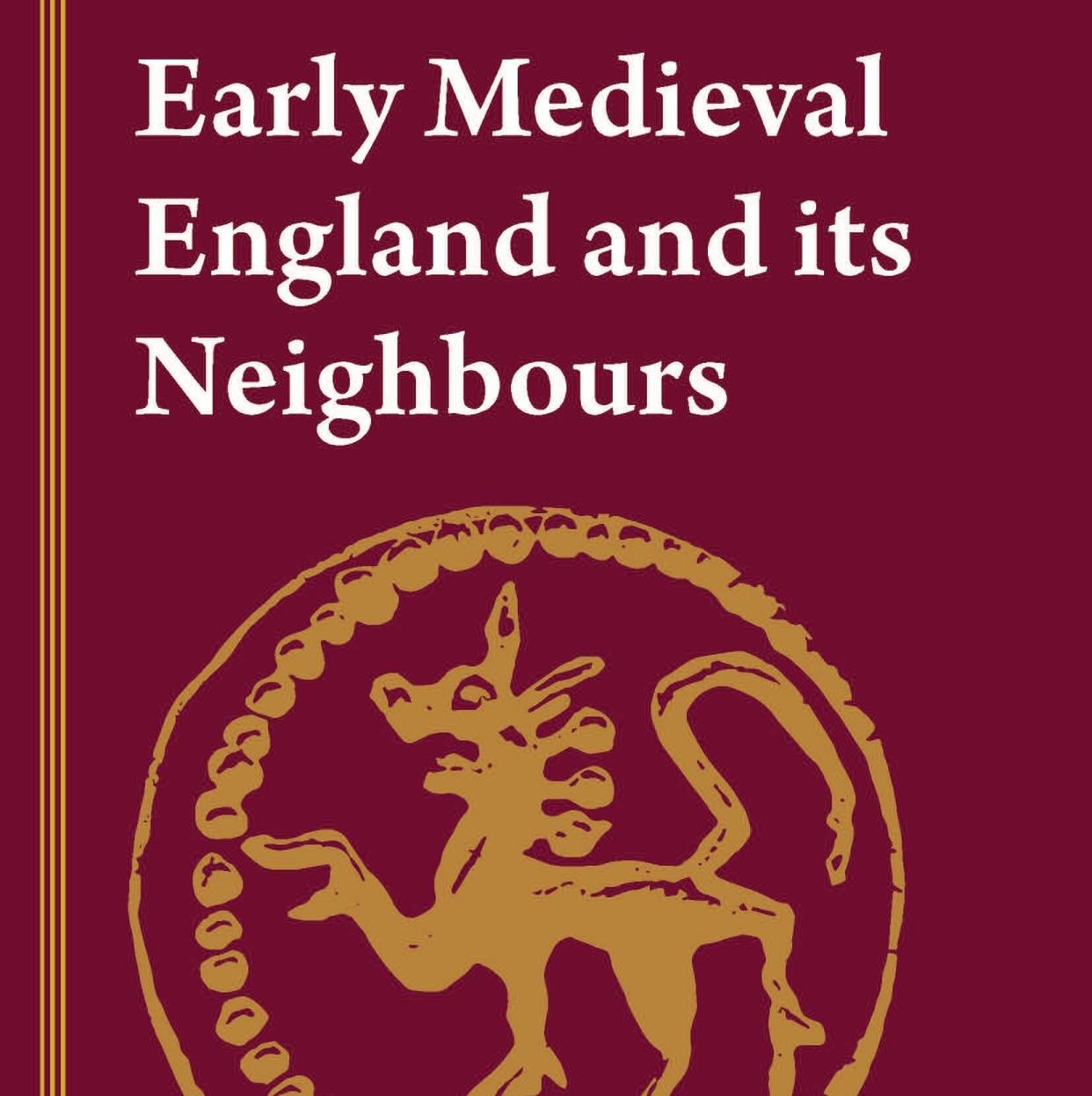Cambridge journal ‘pandering to mad Americans’ by ditching Anglo-Saxon from title

Cambridge has been accused of pandering to “mad Americans” after its University Press removed the term Anglo-Saxon from a world-leading medieval journal.
The Cambridge University Press, which is part of the historic institution, said it was “delighted” to reveal its Anglo-Saxon England journal had been given the new name Early Medieval England and its Neighbours during a relaunch announcement on Monday.
The journal has been running since the 1970s, but the university said the change represented the “international, interdisciplinary and rapidly evolving nature of research in this field”.
However, Dominic Sandbrook, a prominent author and historian, said the university was pandering to a “handful of mad Americans” with the change.
The term Anglo-Saxon is often viewed differently in the United States, having been appropriated by white-supremacists to describe white people of British origin.
“Be honest,” he said. “You changed the title because you are total drips and didn’t have the courage to say no to a handful of mad Americans.”

Wanjiru Njoya, a former lecturer at Oxford and Exeter and now an academic in the US, also addressed the change.
“Now Cambridge has changed the name of their journal from ‘Anglo-Saxon’ to ‘Early Medieval’,” she said on social media, while sharing a previous news story that described how the term was being addressed at Cambridge to make its teaching “anti-racist”.
The university had earlier announced that Anglo-Saxon England was “currently undergoing an exciting relaunch” and the journal was previously described as being “recognised internationally as the foremost regular publication in its field”.
Before it was relaunched, the journal’s description read: “In fact [this journal] is the only one which consistently embraces all the main aspects of study of Anglo-Saxon history and culture – linguistic, literary, textual, palaeographic, religious, intellectual, historical, archaeological and artistic.”
The publication’s editors include academics from the University’s Department of Anglo-Saxon, Norse and Celtic which previously claimed its teaching aimed to “dismantle the basis of myths of nationalism” by explaining that the Anglo-Saxons were not a distinct ethnic group.
The department said its approach also aims to show that there were never “coherent” Scottish, Irish and Welsh ethnic identities with ancient roots.
The increased focus on anti-racism comes amid a broader debate over the continued use of terms like “Anglo-Saxon”, with some in academia alleging that the ethnonym is used to support “racist” ideas of a native English identity.
The term Anglo-Saxon typically refers to a cultural group that emerged and flourished between the fall of Roman Britain, and the Norman conquest, when Germanic peoples – Angles, Saxons and Jutes – arrived and forged new kingdoms in what would later become a united England.
However, the term Anglo-Saxon has more recently become embroiled in controversy, with some academics claiming that the term Anglo-Saxon has been used by racists – particularly in the US – to support the idea of an ancient white English identity and should therefore be dropped.
In 2019, the International Society of Anglo-Saxonists voted to change its name to the International Society for the Study of Early Medieval England, “in recognition of the problematic connotations that are widely associated with the terms “Anglo-Saxon”.
‘It’s a very narrow name’
Howard Williams, Professor of Archaeology at the University of Chester, who has maintained that the term remains useful historically and archaeologically, said he understood the anger over the change but it made sense academically.
“For me this is one of the premier academic journals in the field and for it to undergo a name change alone without context would seem like an outrage and I can understand people having strong reactions. But I have to say that it has always been an interdisciplinary journal and the name has never quite fit. It’s a very narrow name.”
However he cautioned against removing the term from the content of journals and academic research.
“The term Anglo-Saxon I have spoken out on was a term that we will continue to use in our history, archaeology, museums and heritage context and we should really maintain that because it’s so important we don’t let that term become used only by very extreme voices.
“But in a scholarly journal that will be read by almost nobody that has been outraged on X about this, it really is better to move away from that narrow description of a journal’s title to a broader title that shows they are open to publications that look at the relationships between England and its neighbours”.
A statement signed by more than 70 academics in 2020 argued that the furore over the term “Anglo-Saxon” was an American import, with an open letter stating: “The conditions in which the term is encountered, and how it is perceived, are very different in the USA from elsewhere.
“In the UK the period has been carefully presented and discussed in popular and successful documentaries and exhibitions over many years.”
A spokesman for Cambridge University Press said: “This new journal reflects the international, interdisciplinary and rapidly evolving nature of research in this field.
“Early Medieval England and its Neighbours will be a forum for high-quality, original new scholarship on England, its closest geographic and intellectual neighbours, and their wider cultural contacts from the 5th to the 11th century.
“With an international Advisory Editorial Board, open access publication for every author, more frequent publication, and expanded scope, this journal builds on, and goes beyond, the remit of Anglo-Saxon England.”


